Fall 2022 FELLOWS
The Transregional Dialogues: Rethinking the Past – Re-imagining the Future
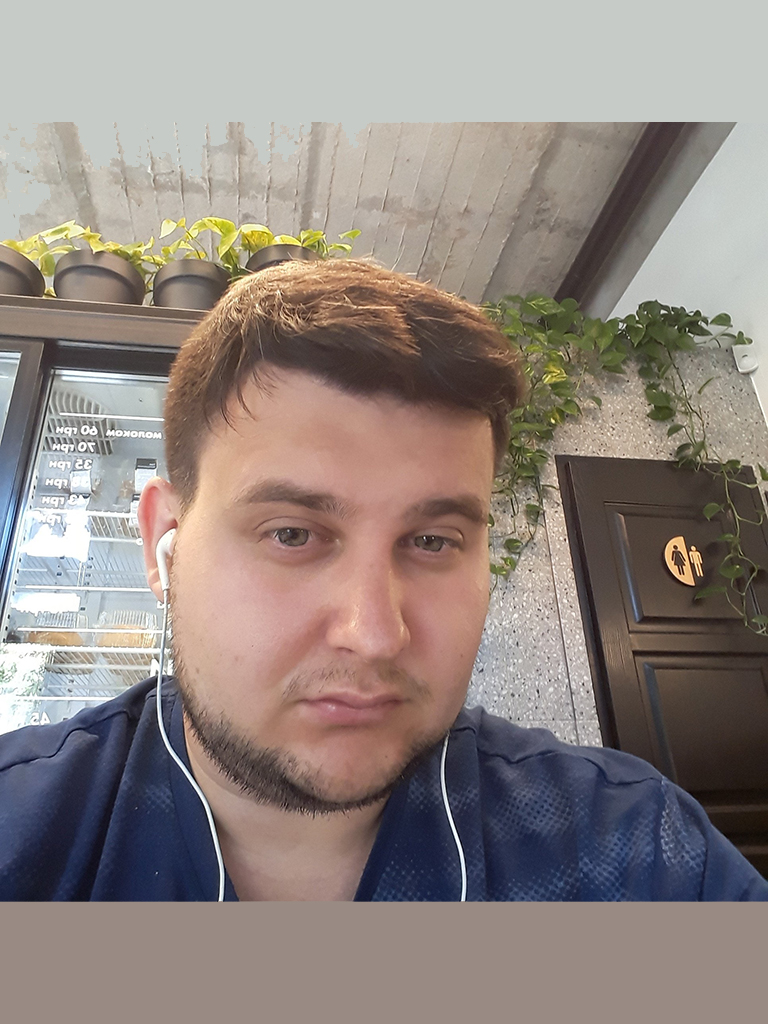
Illia Chedoluma, History, Ukrainian Catholic University / Lviv National University (Lviv, Ukraine)
Intellectual Biography and Eastern Europe
The academic originality of the research results consists of the complex interdisciplinary analysis of the intellectual biography of Mykhailo Rudnytskyi in the context of his time. The figure of Mykhailo Rudnytskyi (1889-1975), a well-known publicist, writer, and translator who came from a mixed Ukrainian-Jewish family, is particularly well known for this type of research. The biography of Rudnytskyi, who positioned himself not as a political but as a cultural figure, allows us to study the past of Ukraine in the categories of cultural history. The study of different directions in the Ukrainian culture of the 20th century, their interaction, and evolution look especially promising. Mykhailo Rudnytskyi’s biography gives a chance to show the whole history of Ukraine in the 20th century, rarely anyone could survive all the regimes like him. The example of Mykhailo Rudnytskyi shows how the history of generations influences the formation of personality, different socio-political, and ideological contexts, and different strategies of the behavior of intellectuals in periods of socio-political transformations. Mykhailo Rudnytskyi’s life and work open the curtain on one of the least known problems in the history of Ukraine in the 20th century – the fate of Ukrainian liberalism. This research is the first attempt to sketch an intellectual biography and the first generalized synthesis devoted to the life and work of this extraordinary figure in Ukrainian culture. Mykhailo Rudnytskyi’s biography reflects the general history of the Ukrainian intelligentsia for almost a hundred years from the last third of the 19th century to the last third of the 20th century. What is common is how the secular intelligentsia emerges from this stratum, which was originally almost entirely priestly – and how this secular intelligentsia is experiencing the challenges of the twentieth century associated with the emergence and establishment of authoritarian and totalitarian regimes.
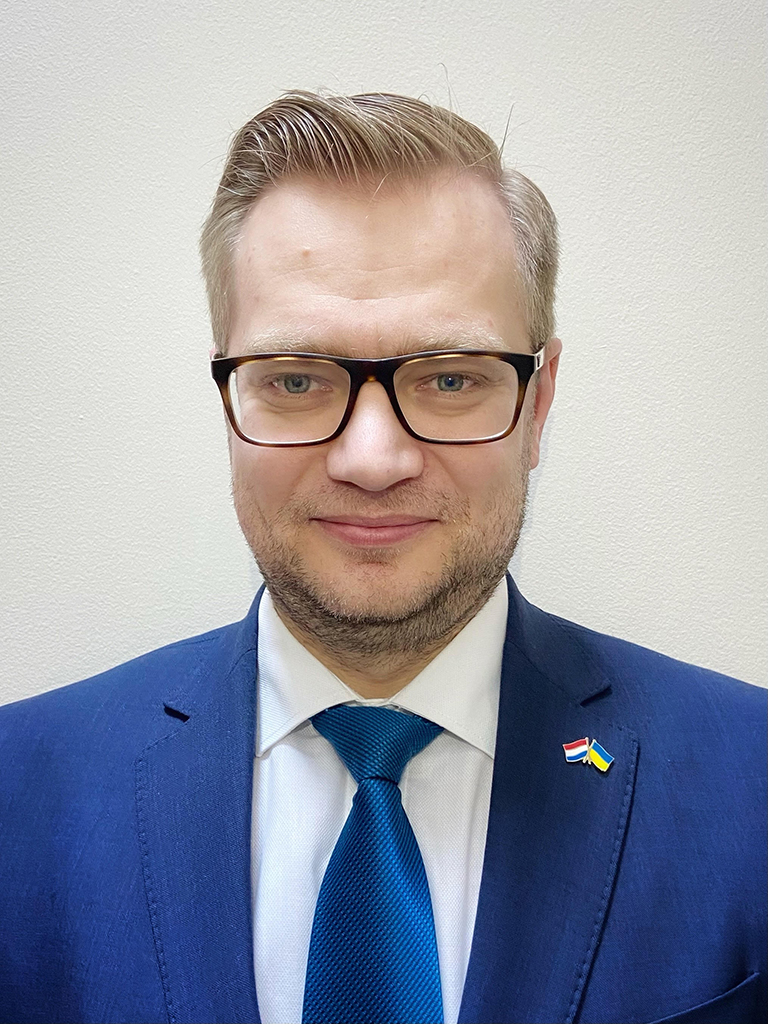
Andriy Hrynchuk, History, Ukrainian Catholic University, Lviv, Ukraine
Ukrainian Minority versus II Republic of Poland in the League of Nations
My dissertation project is connected to the international advocacy campaignes of Milena Rudnycka who known among the first Ukrainian female parliamentarians of II Republic of Poland. She got her mandate due to her leading role in the Ukrainian women’s movement. One of her core activities as a parliamentarian was representation of the Ukrainians internationally, especially before the League of Nations. Two main international campaigns leaded by Milena Rudnytska were devoted to the international condemnation of so called “pacification” violently conducted by Polish authorities against Galician Ukrainians in 1930 and awaking international awareness of Great Famine in Soviet Ukraine.
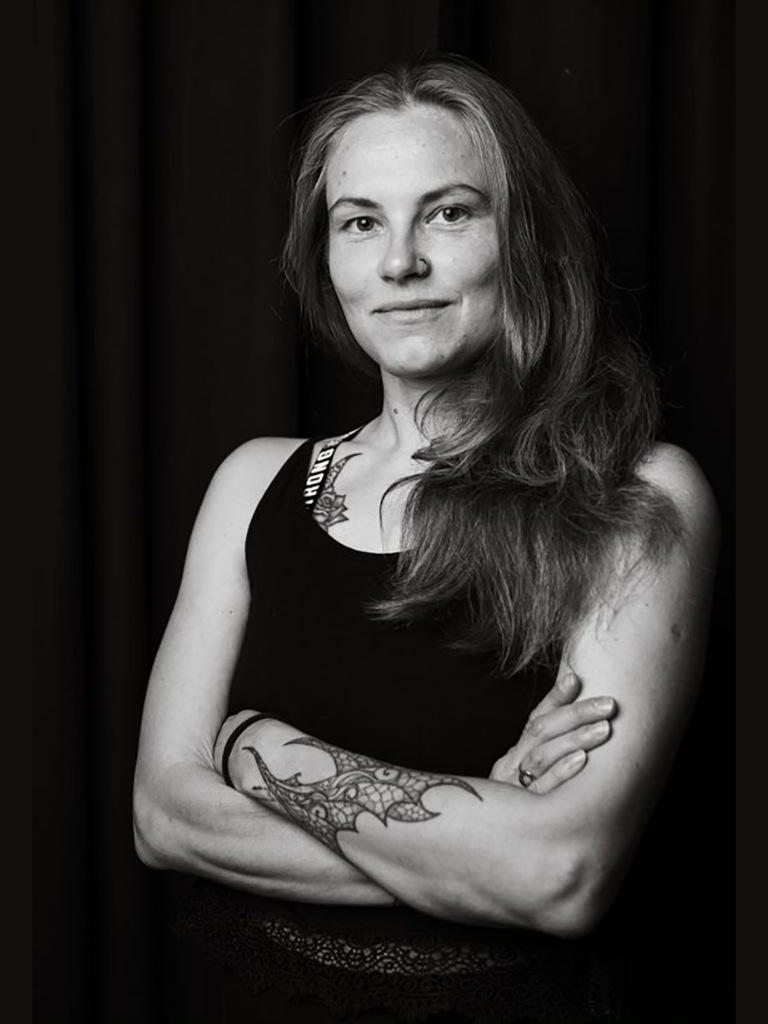
Maria Kardash, Independent scholar, Dance Anthropology
Dancing Behind the Curtain: Politics of Dance, Body and Gender in the USSR
The ‘Dancing Behind the Curtain’ research project started in the Open Society Archives in Budapest, Hungary. It aims to bring light to dance practices as the area often neglected in social and historical studies, however, important for studying Body and Gender. Using the Open Society Archives materials, it examines the USSR dance landscape of the 1950-70s where both Soviet ideologies and Western cultural trends co-existed on different levels: the level of official cultural propaganda in staged dance performances and the level of the population’s actual choices in dance clubs and private events. This study also reflects on the issues of minorities’ representation in Soviet staged performances (Ukrainians in particular) and contributes to the wider scholarship on Soviet Body Politics and its present-day legacy in Central and Eastern Europe.

Andrii Khomiak, Sociology, National Technical University “Kyiv Polytechnic Institute named after Igor Sikorsky”
Empirical Measurements of the Social Capital of Ukrainian Migrants in the EU in the Context of the Russia’s Invasion of Ukraine
Russia’s full scale invasion of Ukraine has caused a huge flow of refugees from Ukraine to the EU. Although some of the refugees are coming back to Ukraine, a significant number of them remain in those countries and later become labor migrants trying to integrate into the host societies. Among the factors for choosing a migration path, in addition to the standard of living of the country of arrival, are the migration policy of a host country and the social capital of migrants. The main goal of my research within the program is to analyze the social capital of Ukrainian migrants in the context of their integration into the societies of the EU countries. In particular, I intend to investigate the motives and factors of the migration of Ukrainians with the help of a combination of qualitative and quantitative methods. Special attention will also be paid to the migration policy of the EU countries in the context of the war in Ukraine, which affects the integration of migrants in these countries.
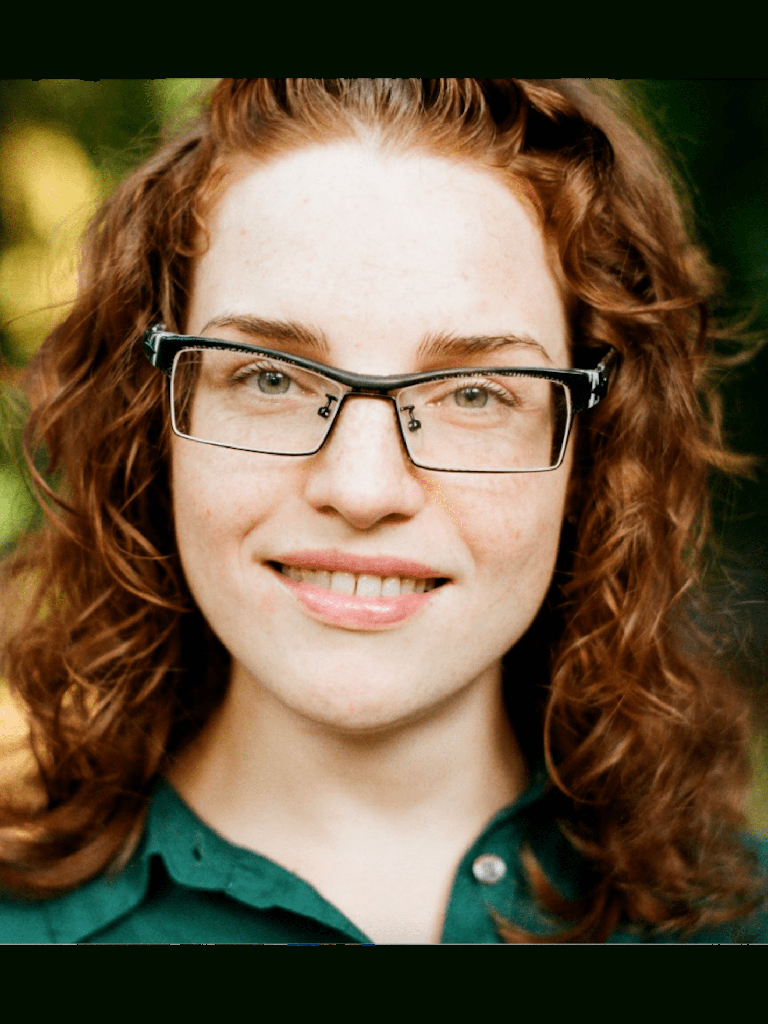
Daryna Korkach, Independent Scholar, History of Ukraine
The Gender Dimension of Russian Cultural Colonization of the Ukrainian Media Scene in the 1990s
My study concerns contemporary Ukrainian history, namely the reverberations of decolonizing processes in Ukrainian mass media after the collapse of the Soviet Union. I explore these processes by looking into the transformations of engendered humor in both newly-established and previously institutionalized Ukrainian mass media. Modification of gender stereotypes that are subjects of sketches and jokes, and change in satirical portrayal of the relationship between men and women reveal the shift of gender norms along with the drift away from state-shaped patriarchal gender regime. Invention of distinctive gendered humor reflects the initial attempts of Ukrainian cultural establishment to depart and separate itself from the conventional ideas implemented by metropolitan power. Empirical segment of my work comprises the content-analysis of Ukrainian state-owned humorous journals, satirical shows targeted at Russian speaking and Ukrainian speaking audiences, and stand-up comedy of an independent travesti actor who was extremely popular in the 90s in Ukraine.

Ulyana Kyrchiv, History, Ukrainian Catholic University, Lviv, Ukraine
Piotr Rawicz in Paris (1947-1982): Milieu(s), Ideas, and Relations with the Soviet Regime
I’m writing an intellectual biography of Piotr Rawicz (1919-1982). He was a French-speaking writer and intellectual, best known for his debut novel Le Sang du Ciel / Blood from the Sky (Gallimard, 1961) about the Holocaust. He was born in Lviv in a Polish-speaking and acculturated Jewish family, survived the Holocaust, and went through ghettos, prisons, and concentration camps. In 1947 he moved to Paris, where he stayed for the rest of his life. One of the key focuses of the project is the issue of making and transforming of Rawicz’s identities. It seems that he never really felt like he belonged to any of these nations or ethnic groups—neither to Ukrainians, nor Poles, nor Jews, nor Frenchmen, nor even to Holocaust survivors. Instead, in the second half of his life, he accepted the identity of an intellectual from Central and Eastern Europe who witnessed and condemned the crimes of both the Nazi and Soviet regimes. Thus, Rawicz’s biography can serve as a promising material for researching, on the one hand, the trauma of the survivor, and on the other – it covers the still unexplored aspect of emigrant circles in Paris while representing the complex palette of self-identification of some of their members.
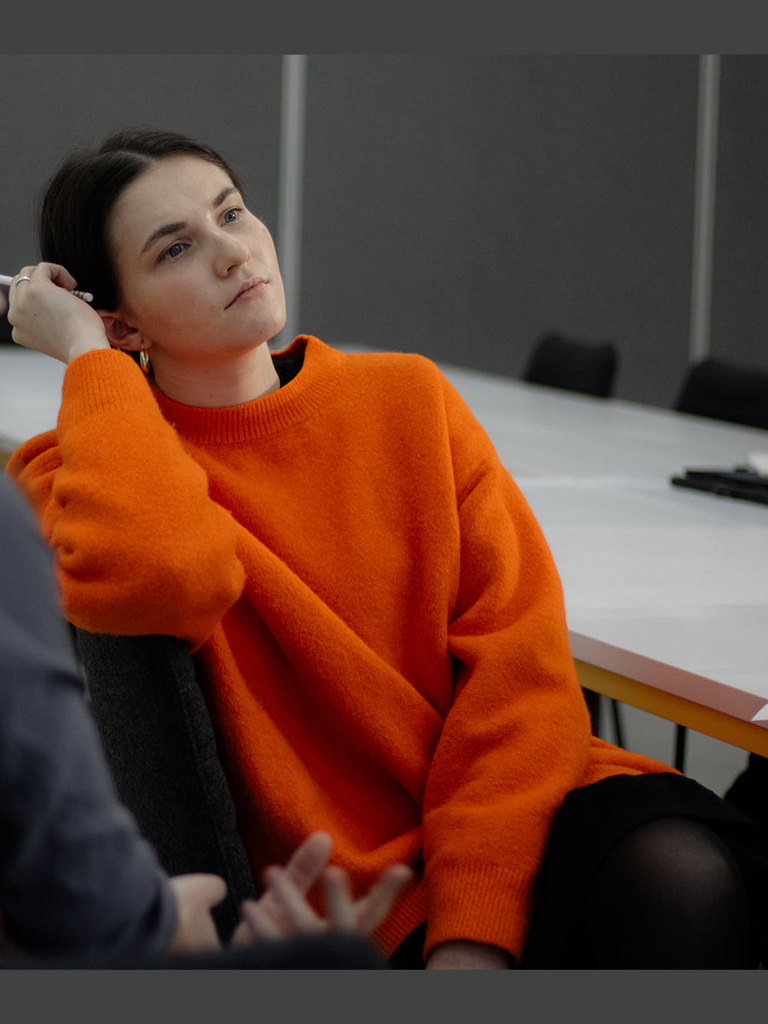
Roksolana Makar, Independent Scholar, Cultural Studies
Ukrainian Ballet: Reconsidering Russian Colonial Legacy
In my research, I’m trying to analyze the colonial legacy of the Russian ballet. I believe it is one of the most powerful tools of Russian cultural policy right now, as well as a reflection of the covert colonialism of the Russian Empire / Soviet Union. I’m also striving to redefine the place of Ukrainian ballet in the colonial legacy, discovering early Ukrainian ballet during the short period between the Russian Empire and the Soviet Union.
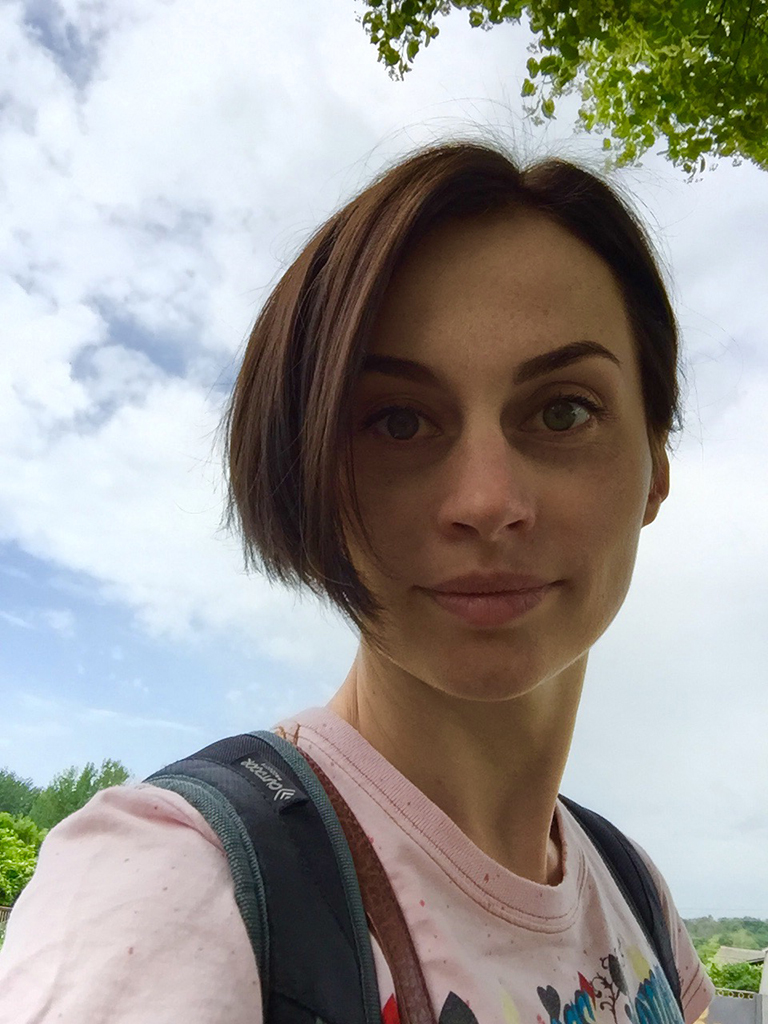
Olesia Markovic, Sociology, National University Kyiv Mohyla Academy
Post-colonial Political Identity and Regional Identity
My PhD research was initially focused on re-integration scenarios for Donbas (eastern part of Ukraine, a part of which remained under control of Russia-backed separatists and Russian military since 2014 ). I was looking into secondary data (researches and opinion polls conducted since April 2014 in both parts of Donbas – self-proclaimed “people’s republics” and in the areas under control of the Government of Ukraine) to see how the respondents identified themselves and how they saw the future of their region. After the Feb 24 full scale Russian invasion into Ukraine and ongoing military actions, this topic has to be considerably revised as war is shaping a totally new reality for Ukraine.
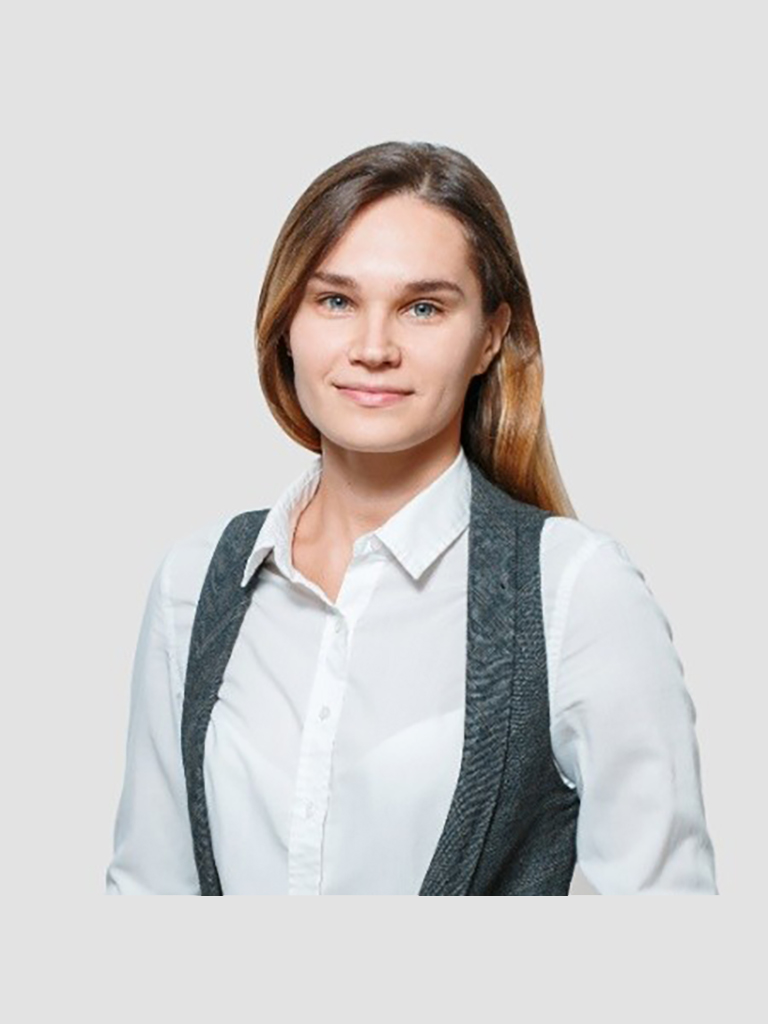
Kateryna Pesotska, Law, National University of Kyiv-Mohyla Academy
Legal Regulation of International Party Assistance in Ukraine
Over the 30-year history of Ukraine`s independence a number of international party assistance (IPA) organizations provided aid to various political parties that emerged and vanished at Ukrainian political arena. Although the current academic research primarily focuses on the issues of efficiency, methodologies and approaches to IPA program interventions, there is still a lack of analysis of the legal framework for provision of the party aid. Thus, this article aims to provide an overview of IPA programs in Ukraine and elaborate more on the legal regulation of operations of IPA organizations. Considering different approaches to programming and technical peculiarities of providing party assistance, the article analyses the legal grounds for cooperation of Ukrainian political parties with international non-government organizations and examines the legal loopholes that might be considered to undermine the work of IPA providers in Ukraine.
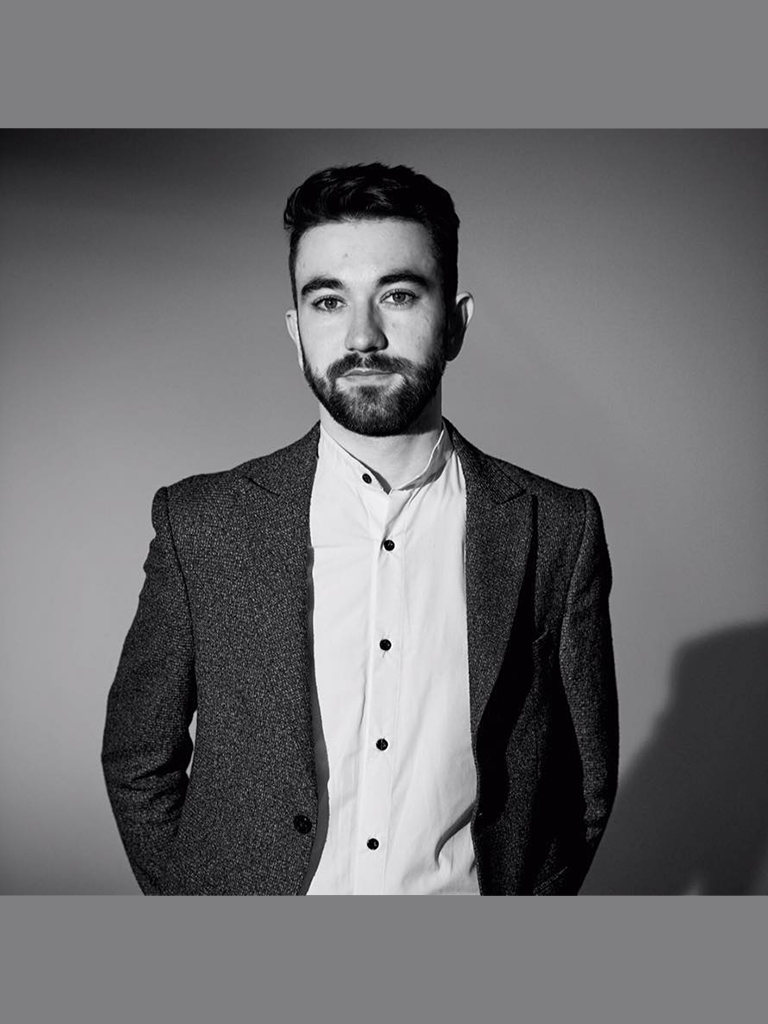
Ruslan Zaporozhchenko, Political Science and Political Sociology, V.N. Karazin Kharkiv National University
Ukraine No Longer a Subaltern? Processes of “Velvet” Decolonization in the Post-imperial Space
Now I am engaged in the study of political forms of organization of space, including modern states and empires. I’m interested in how the collapse of empires and the subsequent post-imperial processes take place. In particular, I explore the processes of decolonization, the collapse of hegemony, imperial ideology, and others. My initial thesis is that any empire is a form of order that constitutes the imperial ideology and constructs social reality. However, the collapse of the empire leads to the emergence of a political vacuum, within which the processes of exit from the former empire take place. These are not only the processes of decolonization, but also the processes of geopolitical identification of local political elites. It is in the context of the collective interaction of elites that we can analyze both the process of the collapse of the empire itself and the process of decolonization with the subsequent construction of new potential states.

Nuri Can Akin, Sociology with a specialization in Historical Studies, The New School for Social Research
Hidden in Plain Sight: Religious Figures in the Early Turkish Republic
In this chapter, I’ll be looking at the history of the Presidency of Religious Affairs (Diyanet) together with personal biographies of the Ulema (religious figures) who were central to Diyanet’s founding. In contrast to the mainstream Turkish historiography that depicts the Ulema as rigid, reactionary and obscurantist, I’ll show the ways in which they were resisting, negotiating or even forming alliances with the state by highlighting the role of these figures in implementing religious and educational policies during the reform process through the state apparatus called Diyanet.
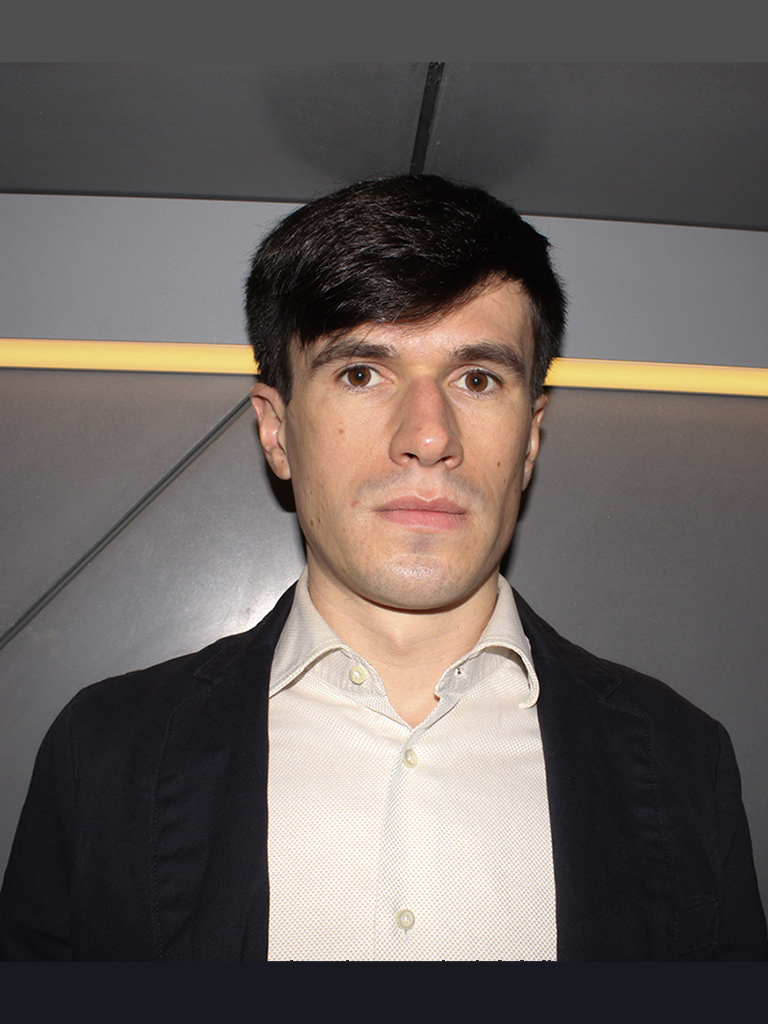
Ihor Andriichuk, Politics, The New School for Social Research
Hromada Socialism: Federalist Ideas in 19th-century Ukrainian Political Imaginary
This project aims to develop a conceptual history of hromada – a basic unit of social organization predicated on the principle of political autonomy. As the constitutive element of a federalist project of socialism, this notion offers an alternative to the principle of democratic centralism. This conceptual history will contribute to the debates on non-Marxist variations of socialism.
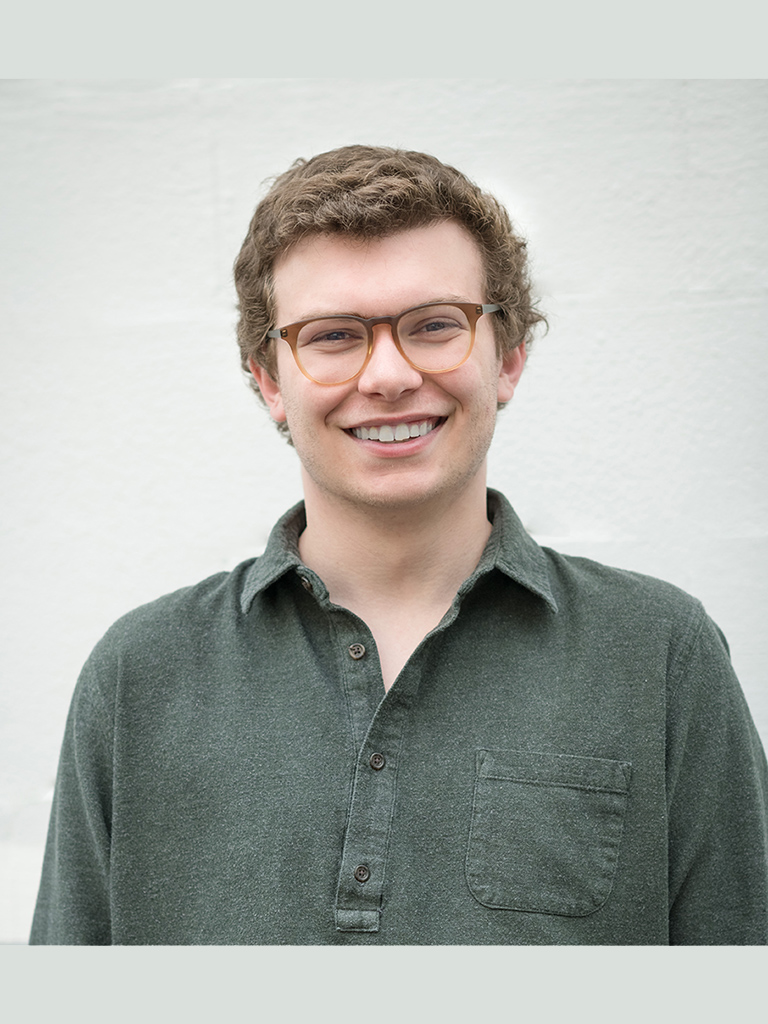
Adam Koehler Brown, Sociology, The New School for Social Research
“The Era of Crowds”: The Meaning of ‘The Crowd’ in 21st Century Politics
My research is focused on the meaning and significance of ‘the crowd’ in contemporary politics. This can be broken down into 4 essential steps. First, I aim to critique the impoverished state of current social scientific writing on ‘the crowd’, ranging from George Rudé’s 1960’s turn towards the crowd as an empirical phenomenon that can be located in history to contemporary discourse analysis’s oft-repeated identification of the labeling of protestors as ‘crowds’ and ‘mobs’. In both cases, I argue, the crowd is stripped of its theoretical complexity and disconnected from its relationship to modernity. Second, I aim to identify the lasting potency of ‘the crowd’ in contemporary political life. This involves, in short, explaining why we are so ‘hung up’ on the idea of ‘the crowd’. Third, I aim to recover the rich history of social scientific writing on ‘the crowd’ that began in the late 19th century. This involves a comprehensive re-evaluation of new research on ‘the crowd’ by Christian Borch, Stefan Jonsson, Daria Frezza, Susanna Barrows, and many others. Fourth and finally, I aim to produce a comparative historical analysis of crowd phenomena that combines previously dismissed accounts of ‘the crowd’ with new research in political and cultural sociology. I am especially interested in the capacity for theoretical accounts of ‘the crowd’ to explain the invocation of popular will in populist struggles like the storming of the U.S. Capitol building on January 6th as well as the COVID-19 pandemic’s medical prohibition on crowds as site of contagious infection.
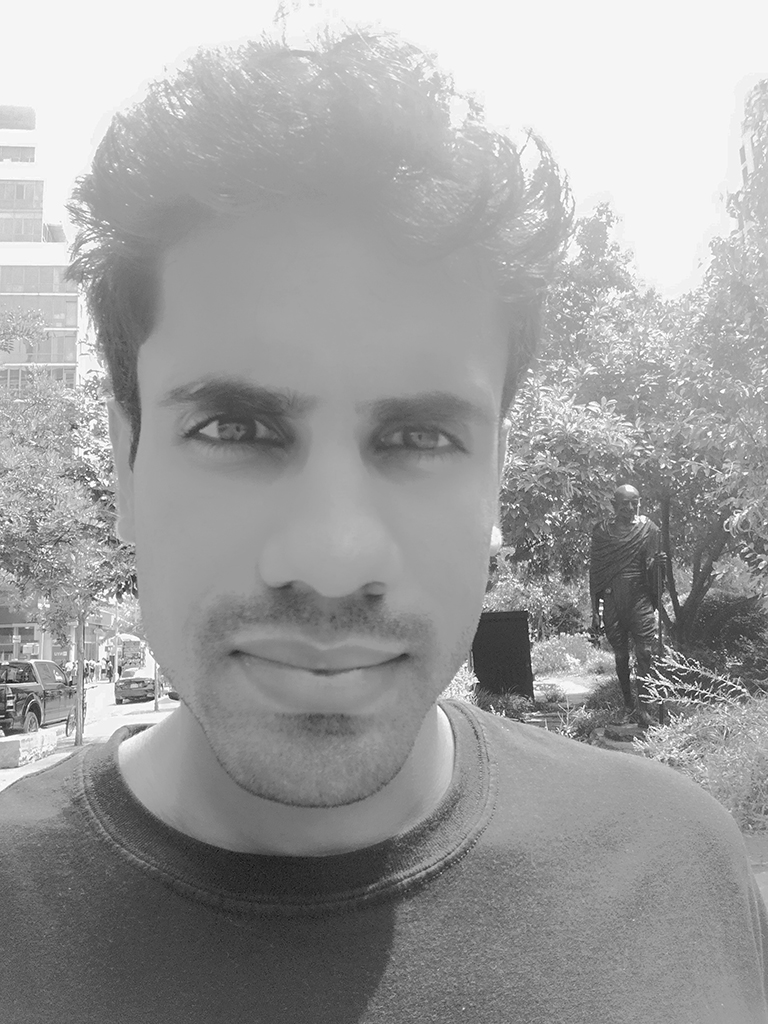
Udeepta Chakravarty, Sociology, The New School for Social Research
The Populist Boomerang: From the Post-colony to the West
My research is concerned with the emergence of populist politics in post-colonial India, with a particular interest sociological and political institutional transformations that have facilitated the current political dominance of the Narendra Modi led BJP.

Susana Garibay, Politics, The New School for Social Research
The Anticolonial Idea of Nation in Latin America
My research project centers on Latin American anticolonialism and its idea of the nation during the 20th century. Taking queue from José Vasconcelos, José Carlos Mariátegui and René Zavaleta, distinguished Latin American intellectuals whose work went against ‘official’ or ‘elitist’ nationalism, my project responds to a general question that was crucial for these thinkers: what is the anticolonial idea of the nation? From this central interrogation, other important research questions can be derived that touch upon fundamental political concepts, such as, revolution, democracy and sovereignty. Furthermore, by exploring Vasconcelos, Mariátegui and Zavaleta’s ideas on the national question, my work elucidates the differences and similarities between Latin America and other Third World regions around the question of difference, that is, race, class and (the omission of) gender.
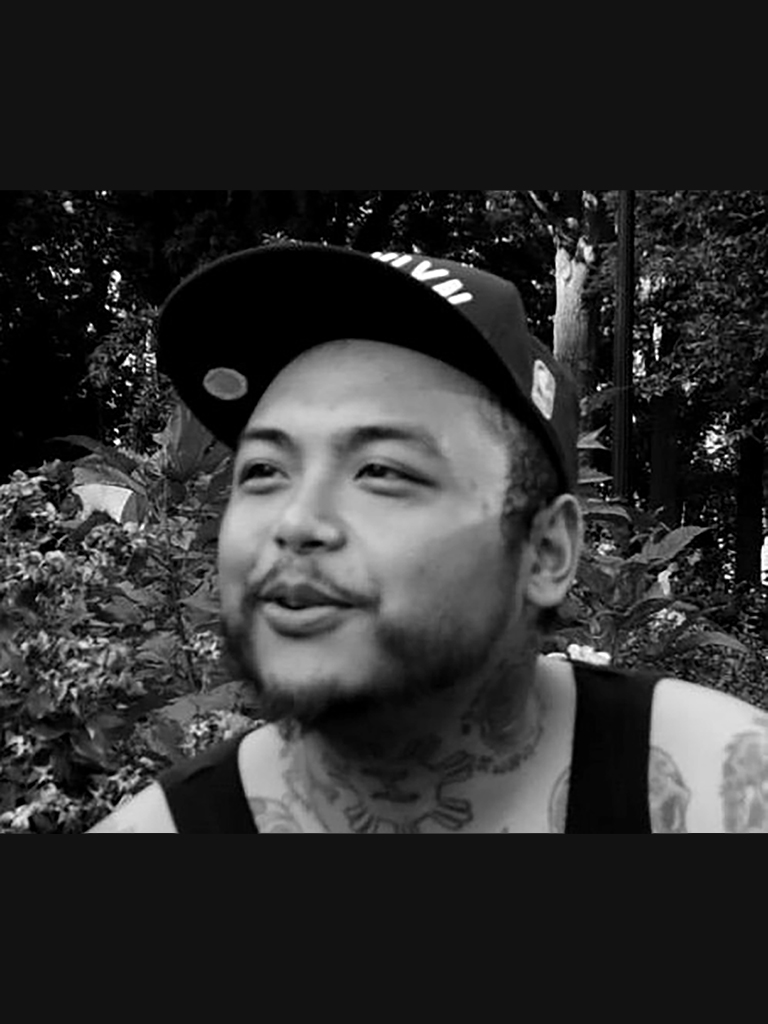
Paul John Gorre, Philosophy, The New School for Social Research
Life on the Line: Patočka and Fanon on the Violence of Modernity
My research interrogates the Eurocentric legacy of philosophy conventionally understood by focusing on a philosophical tradition commonly thought to be strongly wedded to Europe: phenomenology. Drawing influence from the heretical phenomenologies of Frantz Fanon and Jan Patočka, I highlight their insights and methods that aid the breaking of Eurocentric habits and articulate a possibility for a phenomenological philosophy “after Europe.”
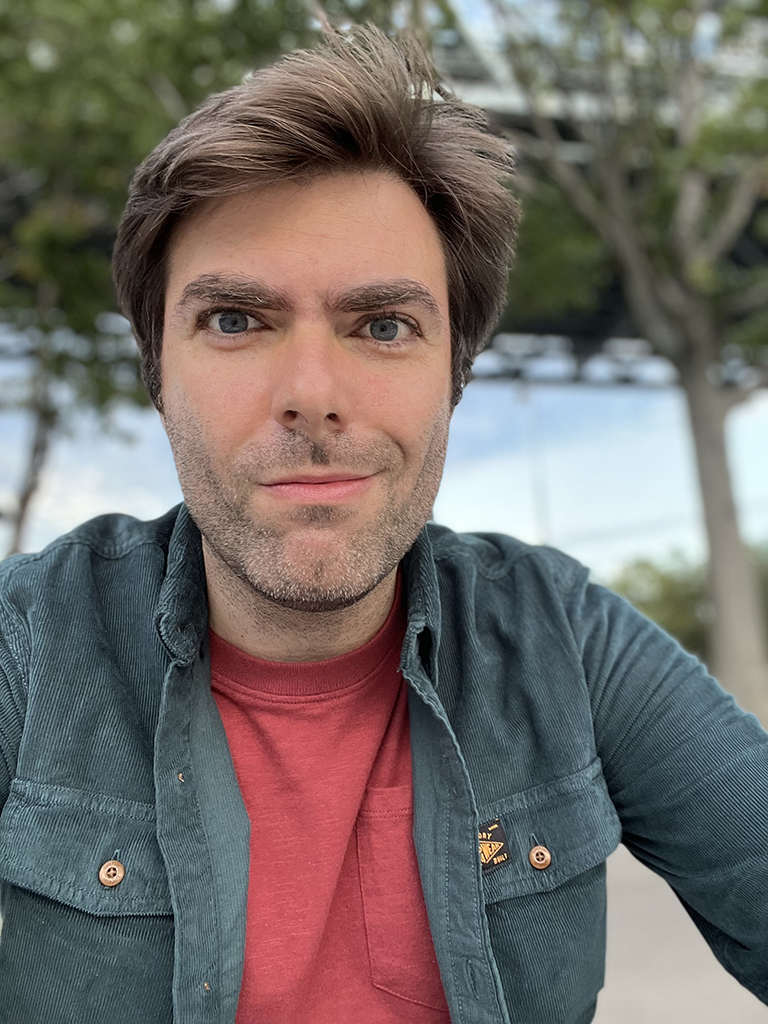
Emmanuel Guerisoli, Sociology and History, The New School for Social Research
Civilizing Parenthood: Comparing Forced Child Removal in Settler Colonial Contexts
I am currently working on an article that historically compares how certain imperial formations, settler colonial projects, and authoritarian fascist regimes developed child removal programs with the aim of “cleansing”, “saving”, and “civilizing” children from their racially/nationally inferior, indigenous, or communist parents. I plan to focus on child abduction and “re-education” in Canada, USA, Australia, Argentina during the Junta, Imperial France, and Nazi Germany (particularly in occupied Ukraine). The current Russian invasion and the abduction of hundreds of thousands of Ukrainian children and the removal and reeducation of Uyghur minors in China are two cases I will include in order to better formulate how this process can be compared in such different political regimes.
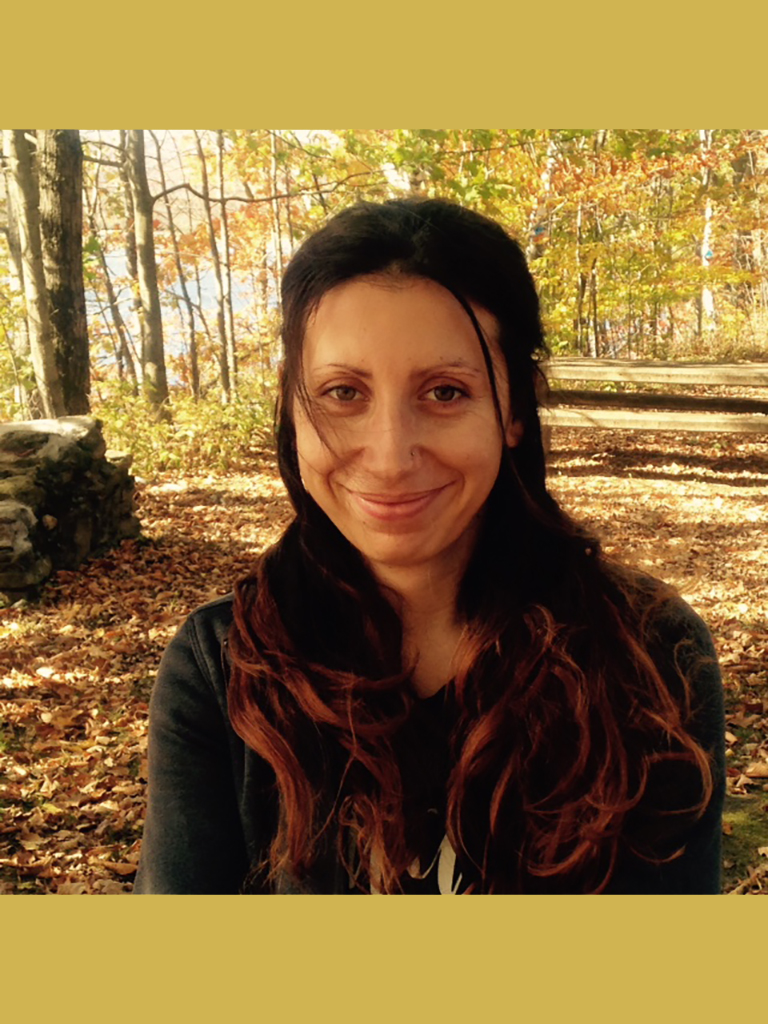
Karolina Koziura, Sociology, The New School for Social Research
Erasing Atrocity: Silenced Past, Reclaimed Histories and Transnational Struggles over the Great Ukrainian Famine 1932-2020
How to make sense of an atrocity in an environment of repressive silence? What kind of memory work needs to be done to overcome imposed forgetting? My research traces the powerful forces behind the denial of mass atrocity and documents the struggles of mnemonic activists to reclaim authority over silenced narratives. By unravelling the meaning of Holodomor, the Great Ukrainian Famine of 1932-1933, one of the biggest – yet unacknowledged – atrocities in the history of the Soviet Union, this dissertation analyzes the legacy of a totalitarian regime that travels across time and space and reveals itself in historical erasure and traumatic wounds. It argues that the lasting power of silencing comes from its capability to utilize global ideas and contexts. By tracing the global tensions in knowledge production, it further shows that to achieve reconciliation with repressive past, history and memory need to be seen as a mutually dependent phenomena that transcend the national optic.
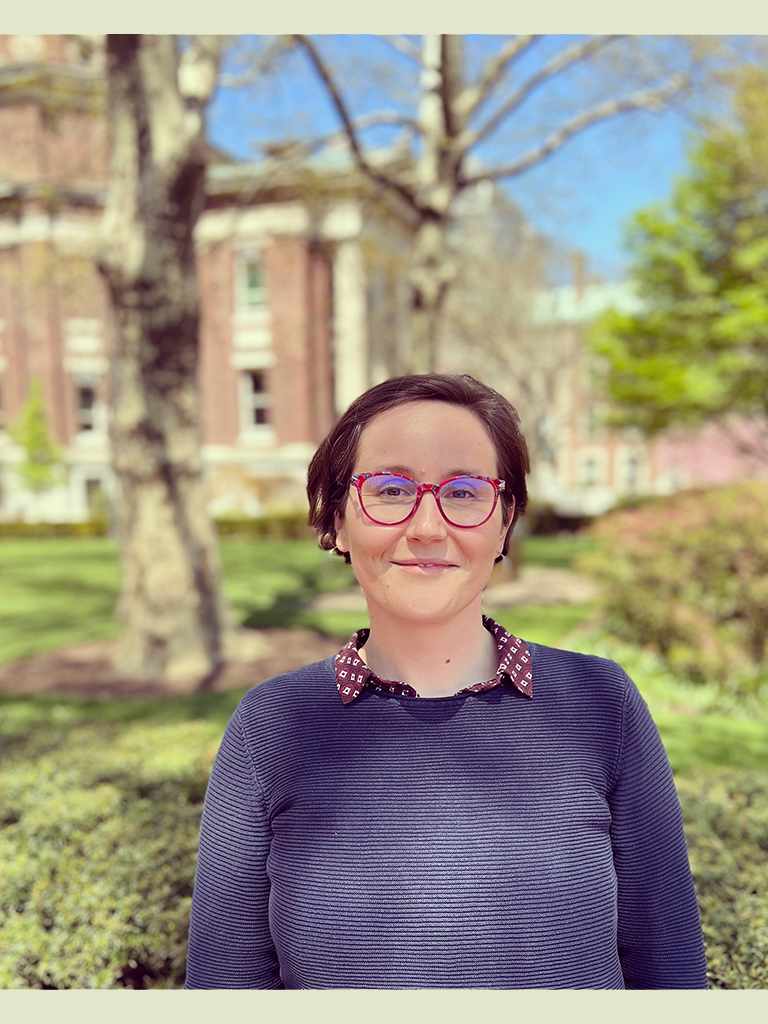
Orsolya Lehotai, Politics, The New School for Social Research
Illiberalism and State Violence: Analyzing Hungarian Asylum Cases and Court Decisions in Canada
Between 2008 and 2012 there have been 11 thousands Hungarian citizens, predominantly Romanis claiming asylum in Canada and being referred to the Immigration and Refugee Board of Canada (IRB, Beaudoin et al 2015, 721). As scholars argued, this number got significantly lower after 2012 (200 in 2013) as a cumulative effect of changed refugee determination processes, the low success rates and the hostile political context in general (Beaudoin et al 2015, 727). Yet there have been a significant number of Hungarian asylum cases referred to the IRB since 2010 after the so-called “illiberal turn” in Hungarian politics. The IRB and expert testimonies have noted Hungary’s “illiberal rhetoric” in their reasoning along with examining different forms of discrimination and persecution that Hungarian Romanis and other minoritized groups have faced in the Hungarian context in the past 12 years. My dissertation is taking a deeper look at how illiberalism and Hungarian country conditions are discussed by experts in relation to these asylum cases and explores how narratives of violence constructed by various experts generate multi-layered meanings of illiberalism across transnational geographies.

Elisabeta L. Pop, Politics, The New School for Social Research
Assembling Mobility: Migrants, Refugees, Natives, and Returnees on the EU Periphery
My dissertation projected stems from an interest in mobility and migration, issues deeply embedded in and co-constituted with much of the violence and inequality in the world today. It aims to go beyond nation-state centered accounts and conceptualizations of migration and citizenship and engage the current focus on West European migration regimes to reveal new narratives and spaces where membership and mobility are negotiated and challenged. My dissertation looks at how subjectivities and what communities emerge and change when and where people with different mobilities encounter each other in the specific rural space of the EU periphery. The work uses ethnographic methodology and methods to understand how and what type of communities emerge, (trans)form, and are shaped by the encounters of multi-ethnic ‘natives,’ returned migrants from the ‘West,’ post-pandemic urban to rural movers, and ‘exotic’ refugees in the postcommunist rural Romanian borderlands. Contextualizing contemporary experiences of movement and (im)mobility within the less-researched rural, postcommunist East EUropean space and time can reveal alternative places and concepts to the often violent and exclusionary state-centered notions of mobility and community. It aims to reveal new places where new imaginaries about and concepts of membership, citizenship, and living together can emerge.
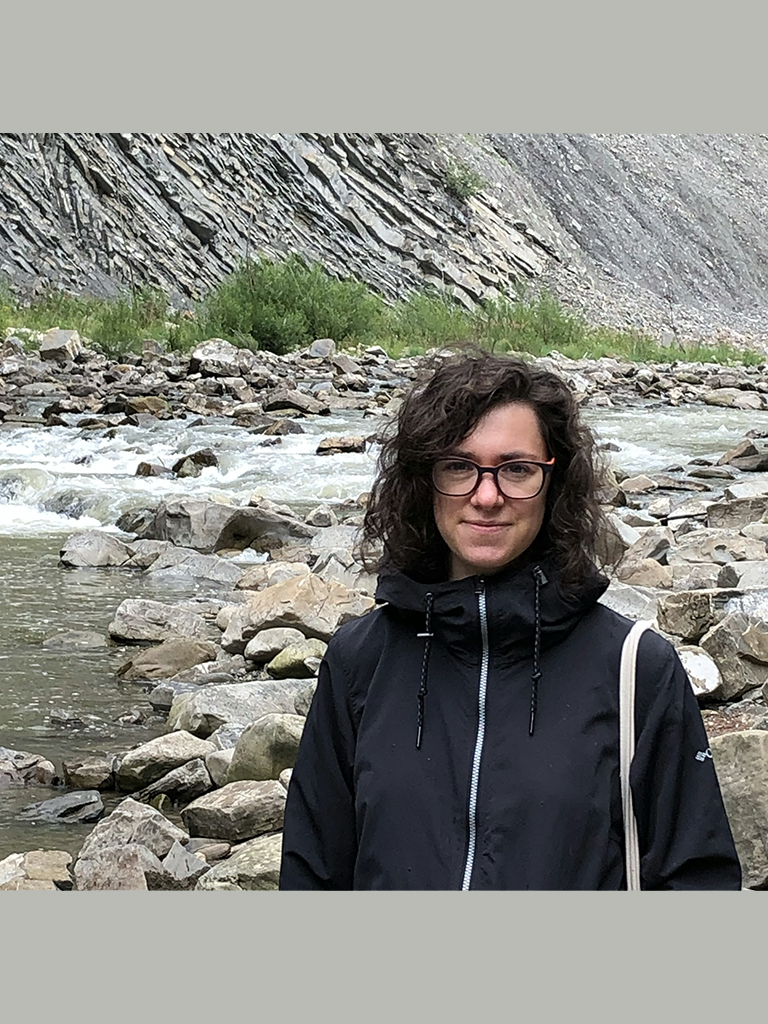
Mariia Shynkarenko, Politics, The New School for Social Research
Identity as Capital: Crimean Tatar National Movement, the 1950s – Present
Drawing on extensive archival and ethnographic fieldwork my project explores how the Crimean Tatars have instrumentalized collective identities as a capital and a tactic in their struggle for self-determination. Specifically, I examine how the state-produced identities, such as “backward people” in the Soviet Union, “indigenous people” in post-Soviet Ukraine, and “Ukrainian patriot” in the post-2014 Crimea, have been interchangeably embraced by the Crimean Tatars and channeled in pursuit of their national aspirations. As such, the project is both a historical study that traces the national movement back to its origin in the early 20th century and an analysis of contemporary events in Crimea from the 1990s to the present.
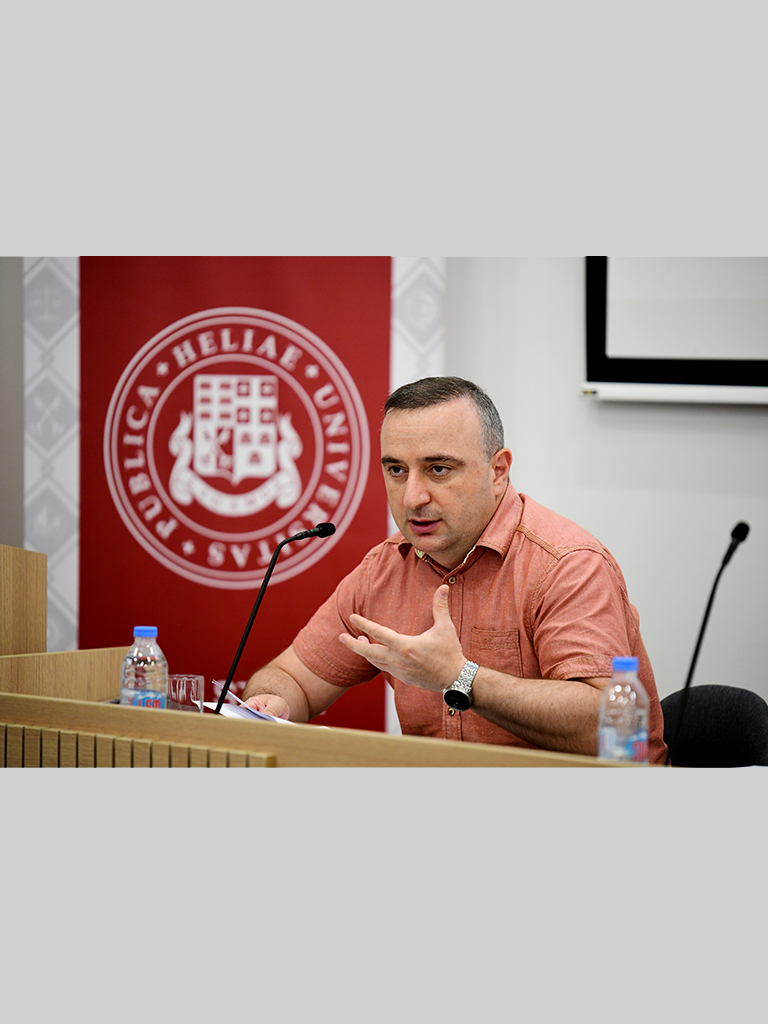
Malkhaz Toria, Sociology, The New School for Social Research
Boundary Making and Ethnic Exclusion/Inclusion between Imperial and Post-colonial Production of History and Memory (the case of Georgia)
This project intends to exemplify how the colonial mechanisms of ethnic categorization, division, and history production determine the current politics of inclusion and exclusion in conflict-torn societies of the so-called former Soviet space. The project aims to deconstruct the structure of the ethnocentric and exclusive historical knowledge of the Soviet time that still divides closely related Georgian and Abkhaz people who have long and rich experience of peaceful coexistence. What looks like a micro-history of a tiny region of Georgia will contribute to the scholarship about the larger and complex phenomenon of the emergence of territorial nationalisms and clashes along ethnic lines in the post-communist era. In particular, the project deals with the historiographical foundations of ethnic boundary construction in the case of the dynamic of the Georgian-Abkhaz conflict since the late 1980s. I will reflect on this issue in the framework of actors (historians) and institutions (research institutions and universities) within different political conjunctures and “memory regimes. ” I will try to see the individual and his works in institutional surrounding in which historical knowledge and memory is produced, cultivated, and reproduced. I will try to illuminate the political impact of academic publications, discussions, and debates—for instance, the role of researchers and educational institutions in ethnic mobilization. The contested Georgian and Abkhaz historiographies centered on mapping the territories and constructing “ethnic landscapes. “This sort of “territorialization of memory” was/is an important symbolic and political factor in the Georgian-Abkhaz relationship’s gradual deterioration. The main questions focus on how and why the contested narratives exist. Why are they focused on boundaries, division, and exclusion? Did the historian’s craft (M. Block) bring the conflict as an outcome? Can history be a causal mechanism independent of the political and social environment? On the contrary, are contested narratives the result of the conflict defined by other factors (structural, institutional, social)? Why do groups then see history as a crucial factor? To what extent could contested narratives and historical debates be considered as means and instruments in the hands of political actors? All these questions refer to the practices of “using and abusing the past” and how it is used.
Associate Fellows

Katharina Kurz, Anthropology and Education, Maynooth University
Listening for/to Solidarity: Reimagining Democratic University Education in a Hybrid World
My reserach follows the tradition of engaged educational ethnography (Cammarota 2008; Willis 1981 [1977]). It focusses on relational “post-pandemic pedagogies” (Anderson & Blewett 2021) in the “New Normal” (Pacheco 2021) during the rise of digital educational technologies (Mirrlees & Alvi 2020). My reserach as of yet has primarily been based in Ireland Universities, but is developing into a multi-sited (Marcus 1995) and interdisciplinary project, focussing on Ireland and Austria and bringing together two disciplines; Anthropology and Education by combining ethnographic research and principles of Participatory Action Research (Cervinkova & Golden 2014). My aim is to understand and re-imagine post-human forms of embodied relationality in teaching and learning (Todd 2021a, 2021b), central to democratic education (Waghid 2019) in an increasingly “hybrid” (Nørgård, 2021), “virtual” (Massumi 2002), “post-digital” (Feenberg 2019) university landscape. Research during the Covid-19 pandemic, as well as my own MA thesis, highlights how the rapid move online fractured relationships between university learners and educators (Black & Charlton 2021; Casey 2020; Williamson, et. al. 2020). This proposed project views the wake of the pandemic as a “portal” (Roy 2020), which creates opportunity and urgency to understand democratic pedagogic practices and new forms of solidarity as they intersect with progressing global environmental catastrophe and climate change (Roy 2020; Todd 2021a, 2021b).
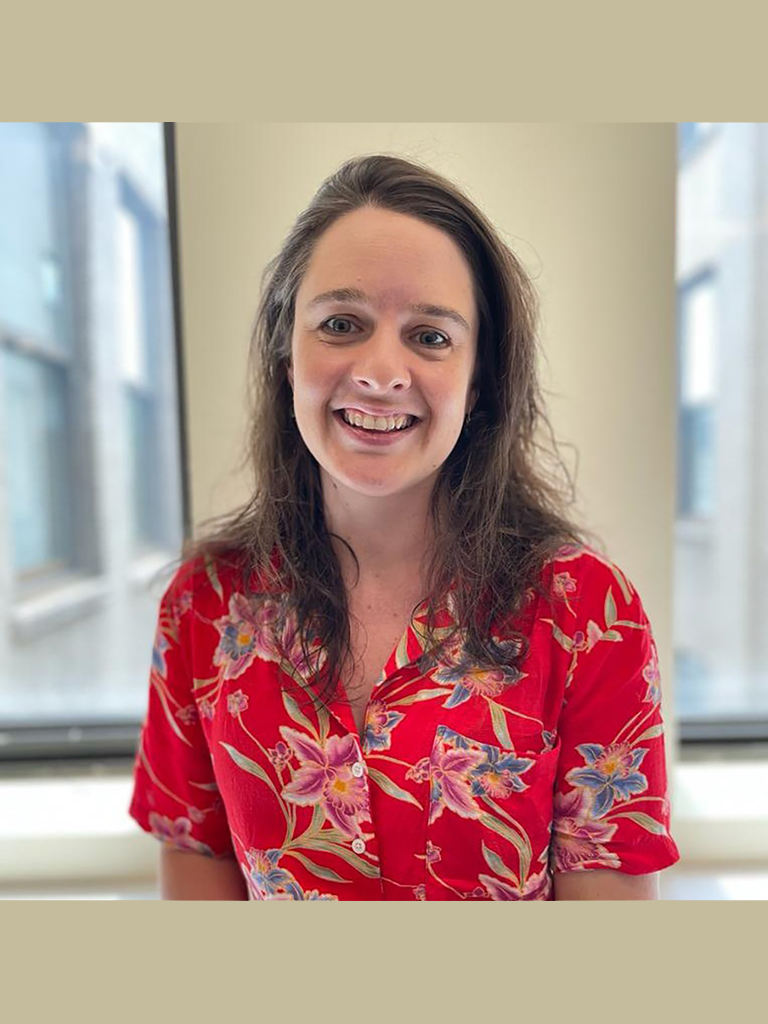
Gabriela Rosa, Political Theory, University of São Paulo
Sentiments, Institutions, and the Constituent Power of the People
Who speaks for the people in our democracies? What does it mean to say that democratic sovereignty rests on the people? It is inspired by these questions that my research project investigates the connection between the concepts of popular sovereignty and constituent power. In a way, what I want is to think about the possibilities of democratic legitimacy that can be drawn from “the people”, a subject which is at the same time fictional or at least abstract, but also very concrete and real. I understand popular sovereignty and constituent power as contested concepts: what we mean by them has political effects, as these concepts are part of an ongoing struggle to define or describe the legitimate source of democratic power. This means I do not account constituent power as a positive reality, and do not relate it to any specific event of popular participation in history or institutional transformation. Quite the opposite, I am more interested in how such a vocabulary is used in relation to different forms of popular power. Within this broader endeavor, I am currently looking at possibilities to deal with democratic authorization and legitimacy taking political emotions into account. In a way, what I want is to find out if and why there is no room for reflections on political sentiments in most contemporary political theory about popular sovereignty and constituent power. By doing that, I believe it is possible to reframe the relationship between political action and democratic institutions.
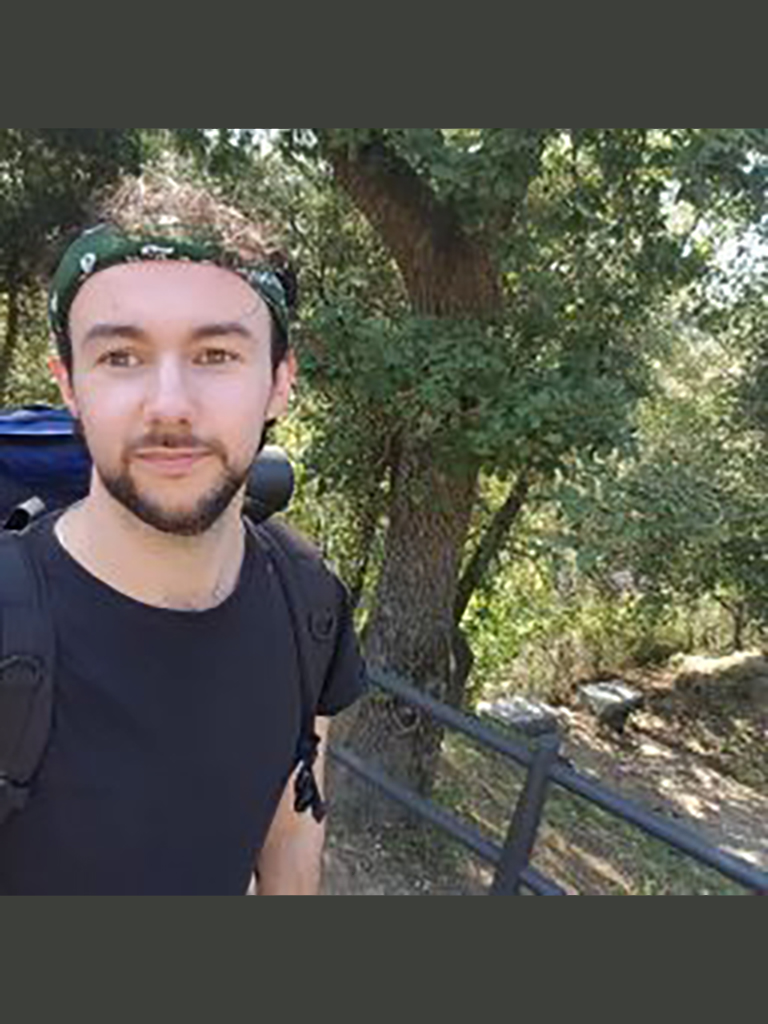
William Stringer, Anthropology,Maynooth University
Love, Rage and Deliberation: Climate Activism and Democratic Change
In June 2022, the Swedish climate activist Greta Thunberg stood before a crowd at Glastonbury Festival calling out the political class for their inaction on the climate crisis. She denounced the lying that ‘we have come to expect,’ with politician’s saying one thing and then doing another. In this speech, Greta Thunberg echoes many other climate activists and movements, frustrated and demanding reform of our democracies. I will be undertaking research during my fellowship with The New School to explore the way the climate catastrophe is forcing a rethink of our democracies, and how the relationships to the atmospheres of populism and climate activism work within this. The research I will be embarking on, will expand upon my MA thesis that centred around Extinction Rebellion UK activism and Scotland’s Climate Assembly.